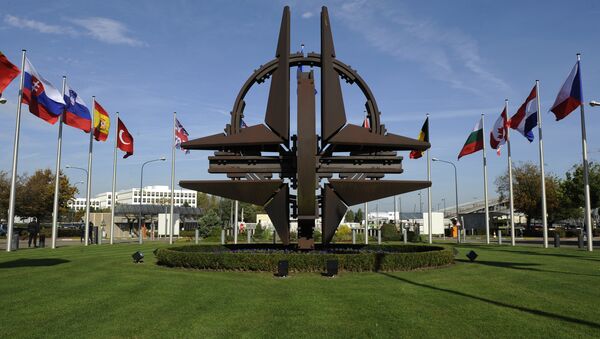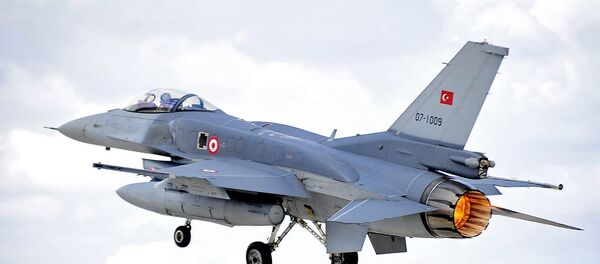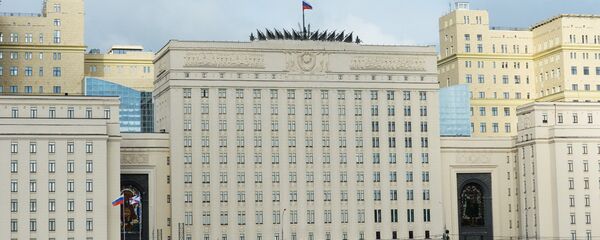"It’s clear that Turkey and other NATO countries have been aiming at de-escalation of the situation after the downing. Also, NATO support for defense of Turkish sovereignty does not mean there’s the same uniform NATO support for Turkish policy inside Syria: this is an area in which allies have different views," Research Director for European Leadership Network (ELN) think-tank Lukasz Kulesa said.
However, NATO’s restrained response to the incident was "wise" considering a rising terror threat in Syria and along its borders, as well as Russia’s crucial role in a complex international fight against the Islamic State jihadist group operating in the region, an analyst on NATO issues from the University of Amsterdam argued.
"NATO-Russia relations are complicated, but they are also vital for a constructive approach not only to the Syria question, but also peace in Europe," Ruud van Dijk told Sputnik, referring to issues unrelated to the situation in the Middle East, such as Ukraine.
Van Dijk explained that due to many countries being involved in the current Syrian crisis, "the margin for error narrows quickly" as a result of numerous miscommunications and misunderstandings between the states.
"The incident earlier this week was less about NATO-Russian relations than about the dangers inherent in the current situation in Syria. Everyone involved shares the responsibility," the Amsterdam university expert added.
The ELN research director reasoned NATO-Russia relations would remain tense, but hoped the conflict would be better managed.
"I hope that the Russian leadership notices that NATO is not interested in escalating the situation further, and seems ready to engage constructively in confidence-building measures with Russia, including procedures to deal with accidents and incidents," Kulesa concluded.





